Key Communication Skills for Couples
You’ve heard it before, good communication is the foundation for a strong and healthy relationship.
A lot goes into having and maintaining a relationship. Even in the best relationships, it’s completely natural to have disagreements and not always see things eye to eye. We are all different and that’s what keeps things interesting.
Still, it’s no secret that when communication problems regularly exist with your partner, one or both of you could be left feeling dissatisfied in the relationship. This can lead to more frequent arguments, or shutting down to avoid conflict, neither of which get you closer to your goal of having a happy relationship.
While you can’t always prevent conflict from arising or realistically control situational outcomes, you can practice some useful communication strategies to strengthen your connection as a couple.
Pay attention to body language - your partner’s and your own
You can tell a lot by how someone is (or is not) looking at you when you are having a conversation with them. It’s really important to use appropriate eye contact when you are engaging in a conversation. Be aware of how you are holding your body. This means making sure that you are facing your partner, sitting in an open position without crossing your arms, and not looking at your phone or the TV.
Show empathy and genuine concern
The communication between you and your partner should allow you both to feel heard, regardless of your own individual viewpoints. Show your partner that what they have to say and how they feel matters to you. Having empathy for your partner and assuring that they feel validated will help you to develop a healthy communication pattern in a caring, loving way.
Be clear about what you are trying to communicate
So often communication breaks down because of misunderstanding. If you are concerned that a conversation may not go smoothly, practice thinking about what you’d like to say beforehand. During conversations with your partner, be concise with what you are trying to convey, focusing on the facts. This can really help with the clarity of what you are trying to communicate.
It’s equally important to ask for clarification from your partner whenever needed.
Be an active participant in the conversation
Relationships are give and take. One-sided conversations typically end in frustration. Contribute to conversations with your partner by both talking and listening. Do your best to stay present and focused on the conversation and eliminate potential distractions. Demonstrate your interest by asking open-ended questions, and relate to your partner on an emotional level.
Be respectful and play fair
It can be hard sometimes to keep your cool during conversations, particularly if communication has been tricky in your relationship. No matter what the circumstances, a general rule is to keep things respectful. This means no name calling or rehashing old arguments. You both deserve to feel safe and to have your defenses down so that you can really trust each other to talk things out and nurture your relationship.
Stay calm
Be aware of your tone during conversations. If you feel yourself getting angry, don’t resort to yelling as things will surely fall apart. Take deep breaths, walk in the other room for a few minutes to cool down, or decide with your partner to table the conversation until later. Do whatever is healthy and necessary to get you closer to your goal of using effective communication.
Just like anything else, good communication can take practice. If communication still seems to be an issue despite your best efforts, it might be helpful for a coach or another unbiased party to mediate for you both. There’s nothing wrong with getting some extra support and tools for your communication toolbox to strengthen your relationship.
Written By: Patty Canton
